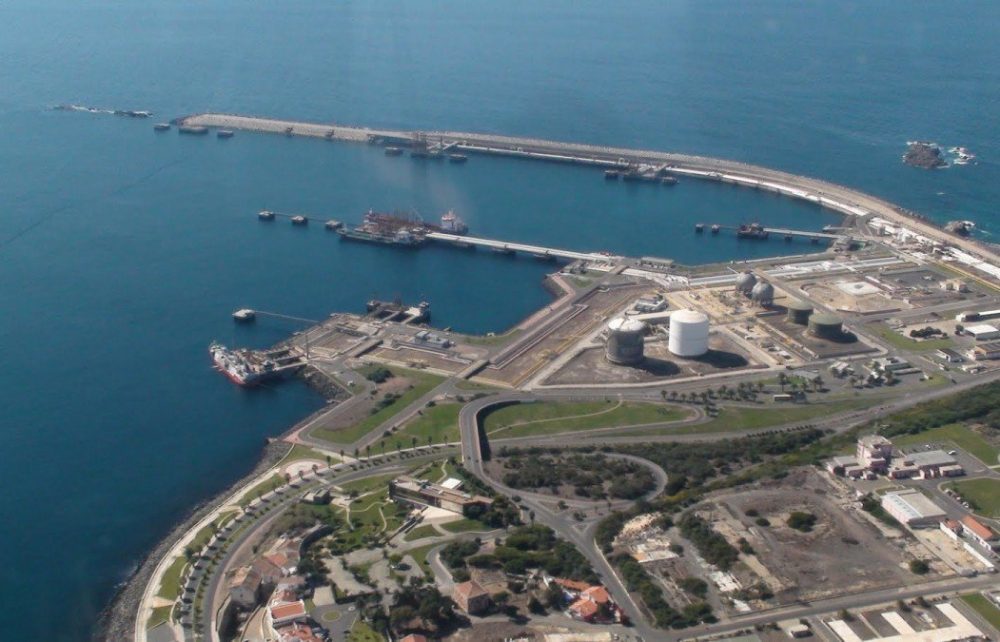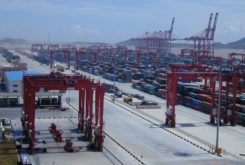Chinese group China Aviation Lithium Battery Technology´s (CALB) lithium battery factory in Portugal, one of the major investments planned in the European country, is now at risk.
Portugal´s decision to remove Huawei from 5G networks is causing several Chinese investments in Portugal to be reconsidered, either by retaliation or by loss of confidence in the country, diplomatic sources told Jornal Economico.
The same source adds CALB is having problems in China as well after in May it dismissed two thousand young graduates that it had recently hired, due to the need to make “business adjustments”.
Huawei Ban From Portugal´s 5G “an Exclusively Technical Decision”
The provincial government of Jiangsu opened an inquiry into the case and CALB has been heavily criticized in the Chinese press and social media.
Another setback was the defeat, in March, in a lawsuit filed by the market leader in the lithium battery sector in China, CATL. CALB was fined around USD 4 million for breaching competition rules.
According to Jornal Economico, there were no significant developments in the partnerships that CALB group formalized with Portuguese companies when signing the memorandum of understanding for the construction of the factory, last November.
Europe becomes “key part of China’s global electric vehicle expansion”
According to the same sources, the Chinese side has not yet notified the Portuguese government of a possible decision to suspend the project, which was presented last year as a decisive step towards the installation in Portugal of an electric mobility cluster.
Portugal´s trade agency, AICEP, said that the project remains “active”, but without giving further details about its real progress.
The Chinese manufacturer’s project entered the environmental licensing process in February and in March, a surface right reservation contract was signed over 92 hectares in the Sines Industrial and Logistics Zone, managed by AICEP Global Parques.
Portugal should “make rational political choices autonomously” regarding Huawei, China says
The start of production is scheduled for 2025, with a capacity of 15GWh. At the end of last year, a company official told the Lusa agency that, at cruising speed, between 2028 and 2030, the factory should represent around 4% of Portuguese GDP, thus surpassing the contribution of Autoeuropa, from Volkswagen.




